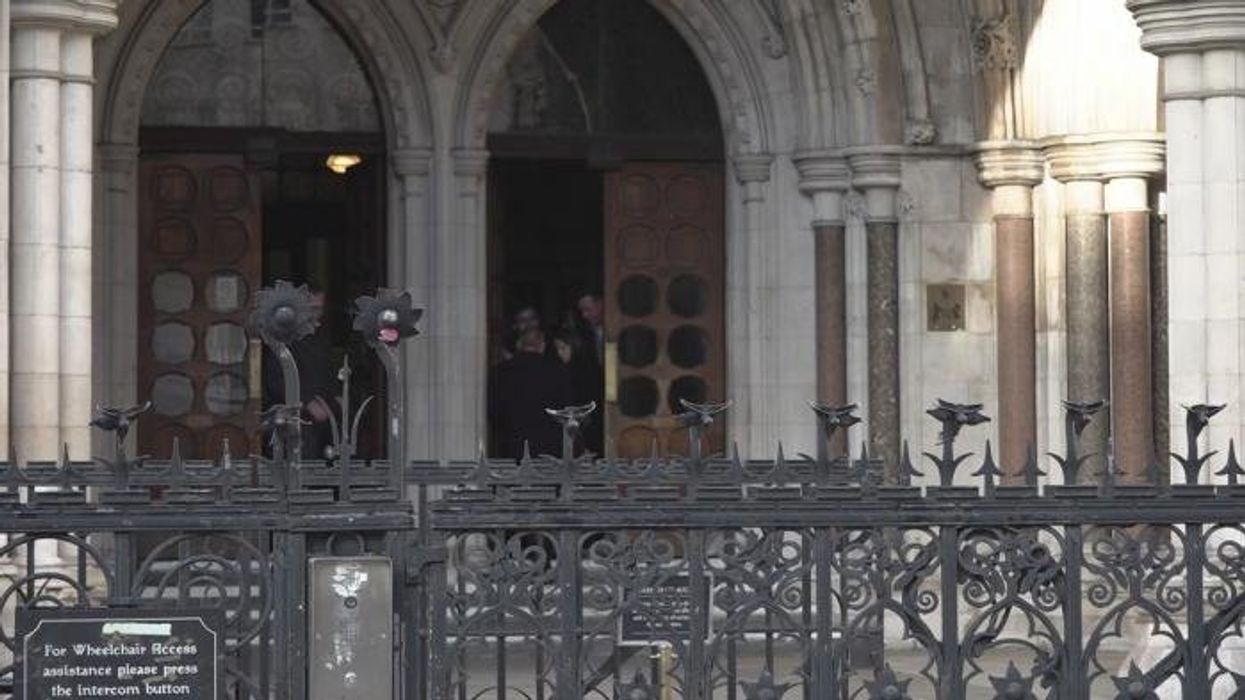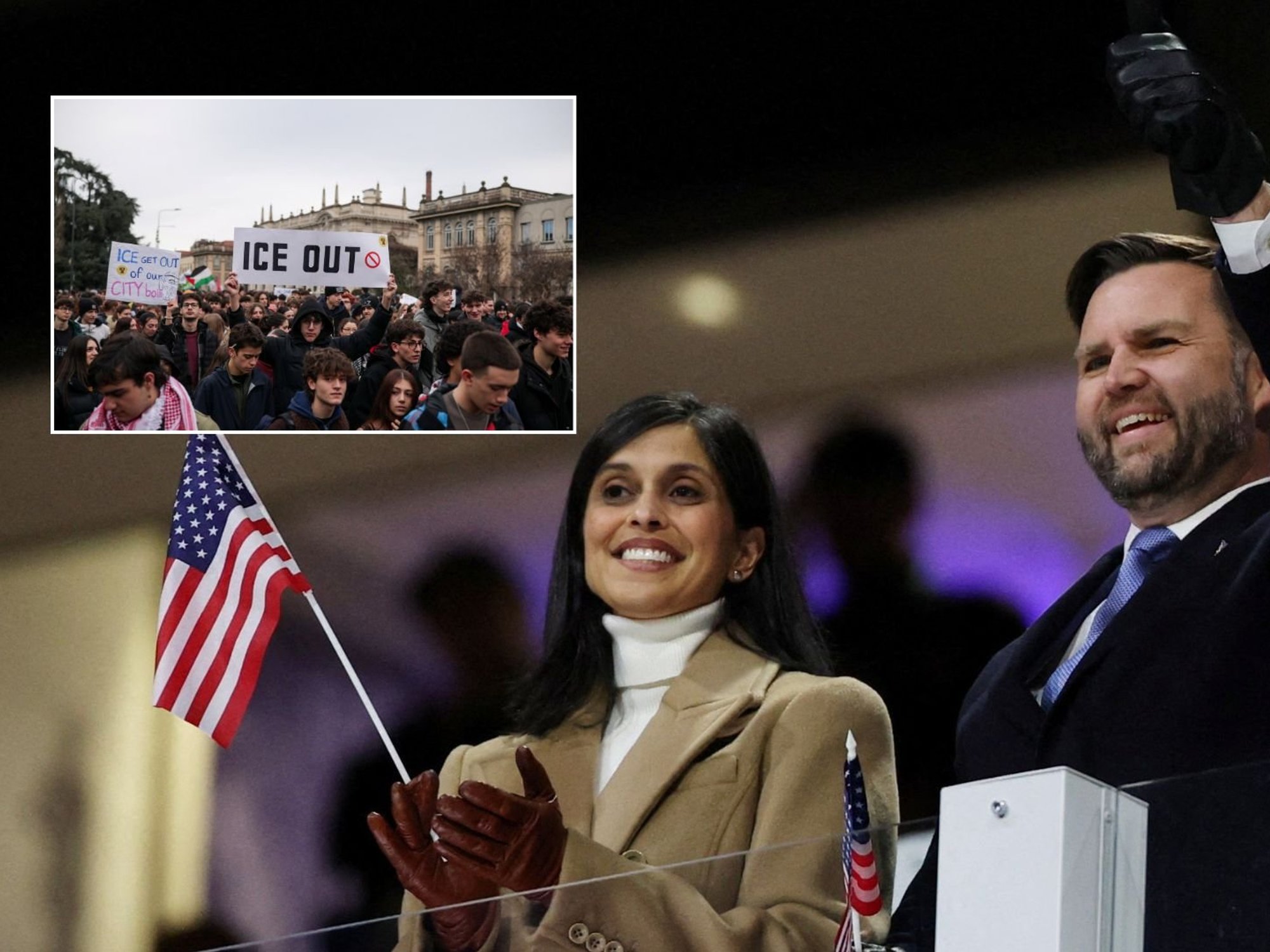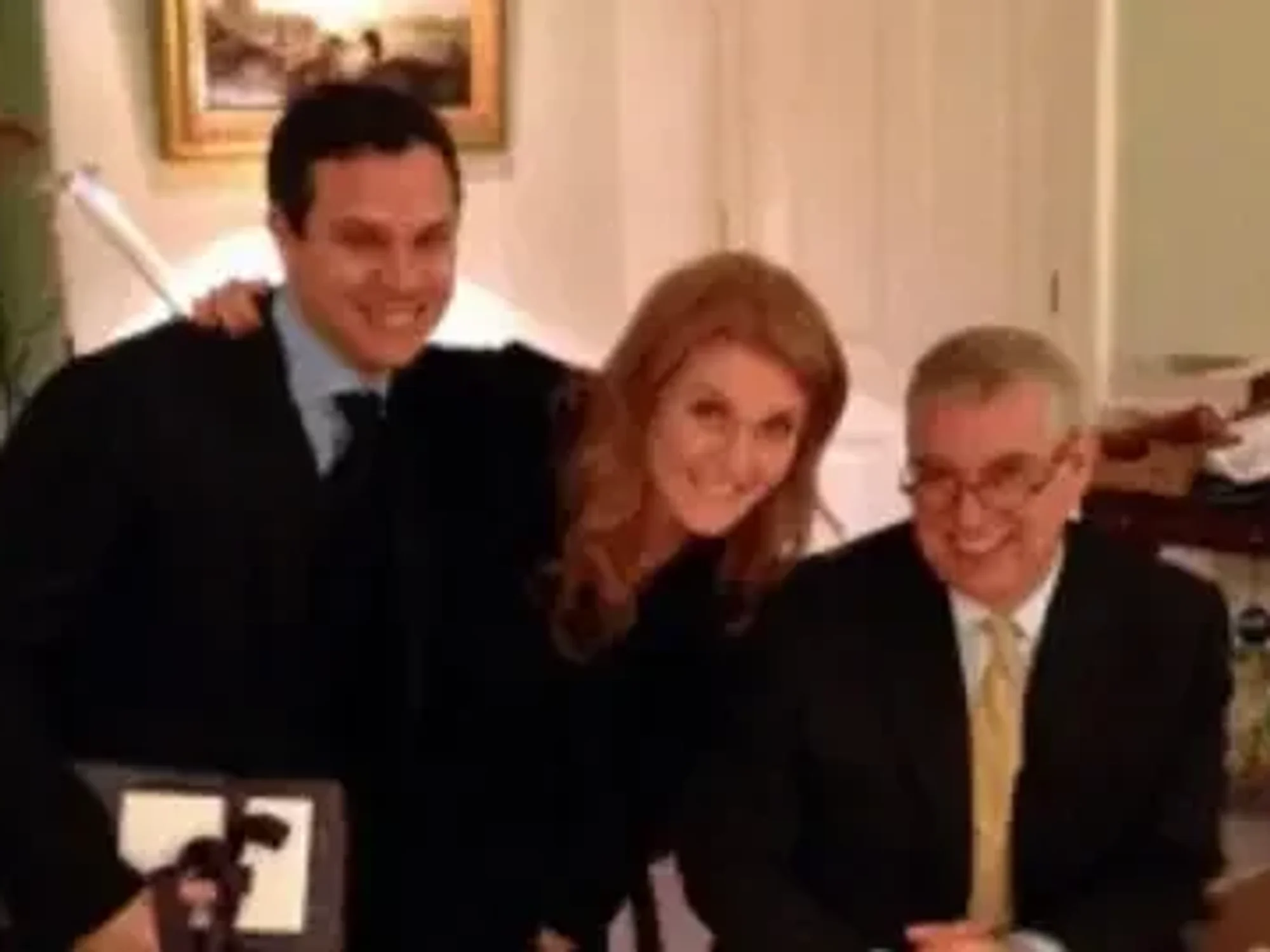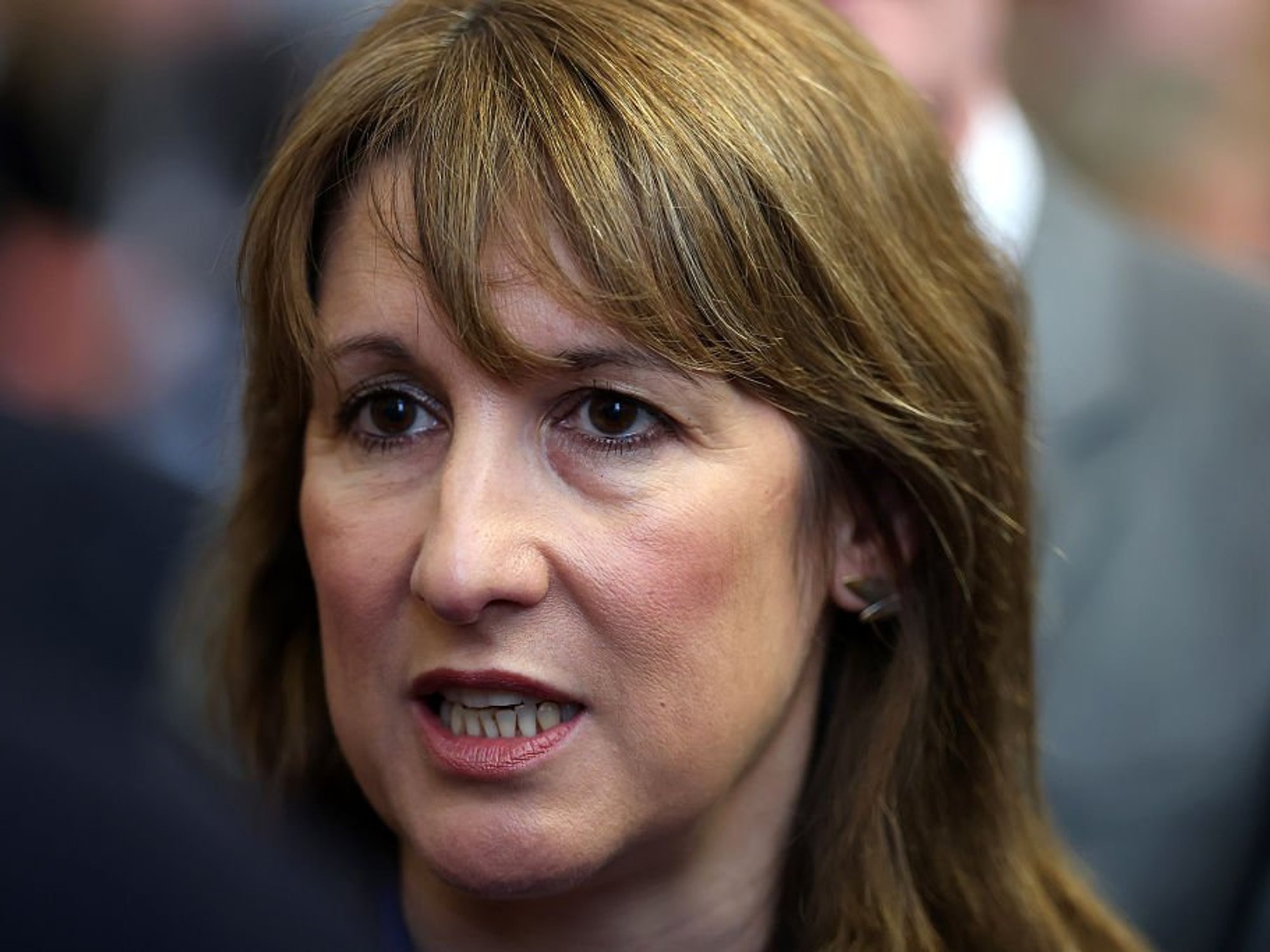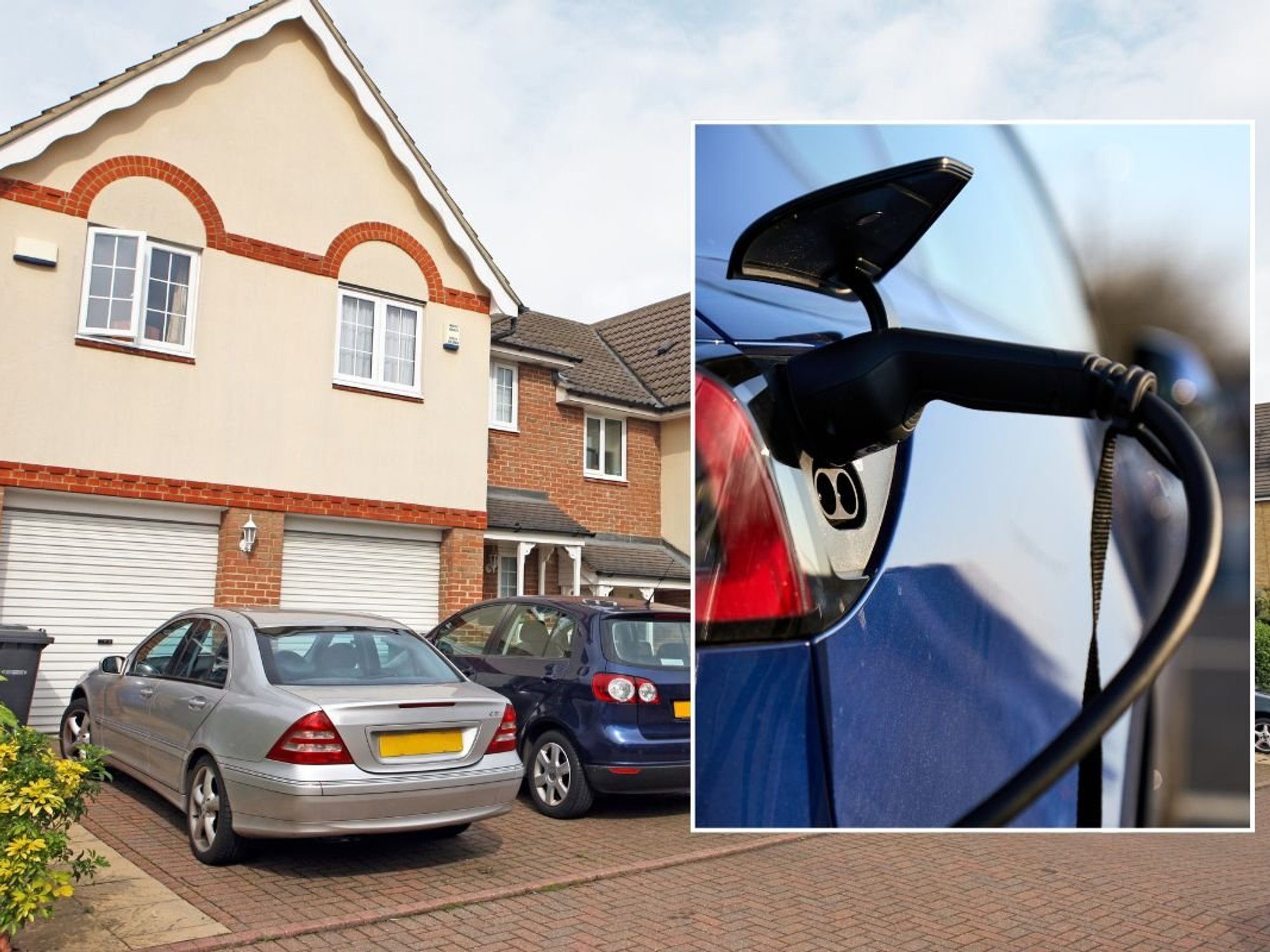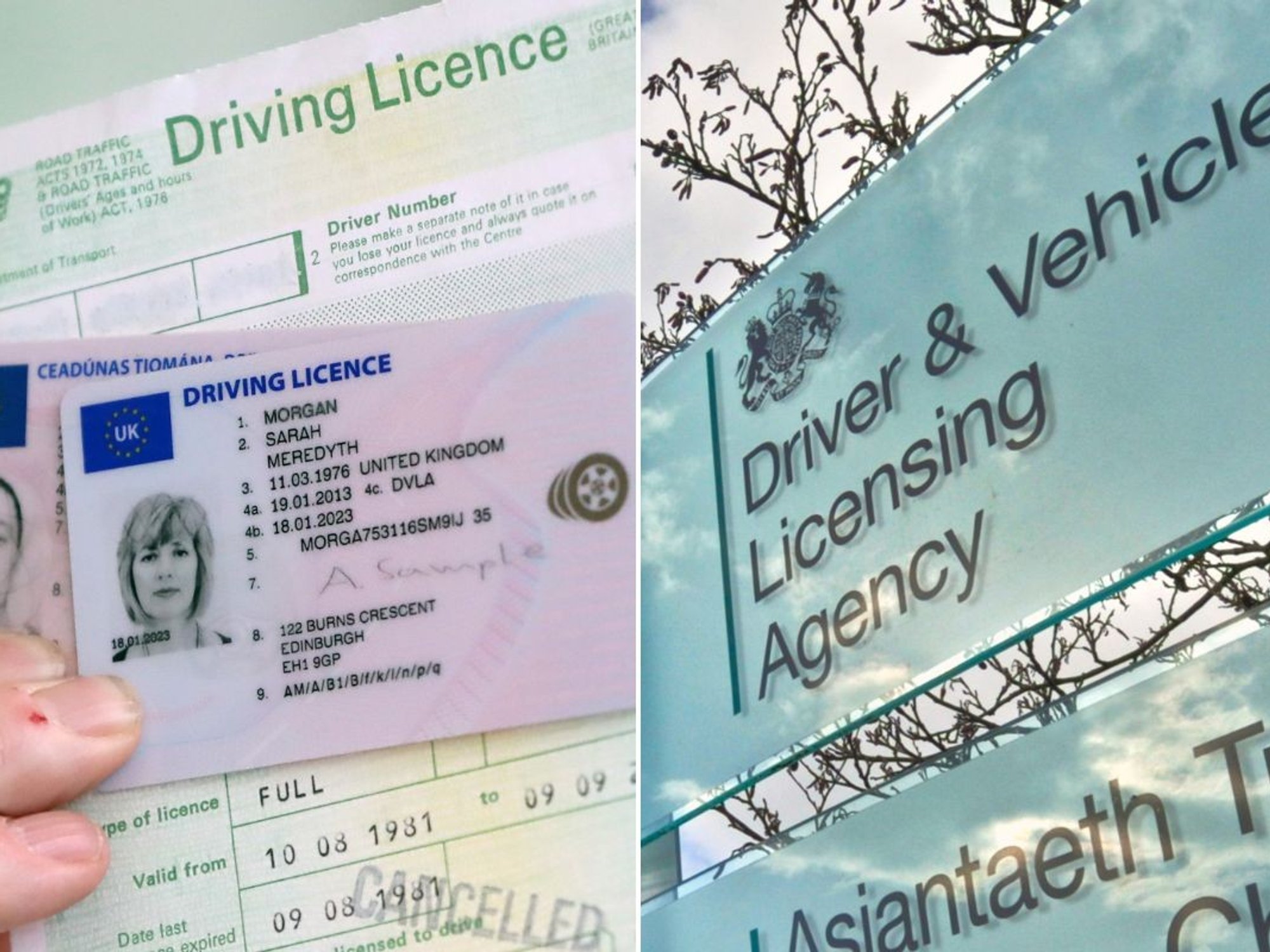Eni Aluko claims she 'didn't eat or sleep' after Joey Barton posted 'grossly offensive' social media posts

The defence failed to argue that Barton had just been exercising free speech
Don't Miss
Most Read
Eni Aluko has revealed she did not sleep, eat or leave her house following a series of social media posts made by former professional footballer Joey Barton, who was convicted on Friday of sending grossly offensive communications.
A jury at Liverpool Crown Court found Barton guilty in relation to six posts made on the platform X, previously known as Twitter.
The jury concluded that these posts crossed the legal threshold from lawful free expression into criminal communications.
Barton, 43, was acquitted on six other counts.
TRENDING
Stories
Videos
Your Say
Aluko told ITV: "I gave evidence about the impact on me, and it was really crippling.
"The reality is that Joey Barton has 2.5million followers, which gets amplified. So you feel like the whole world is now talking about it. You feel crippled.
"I didn't eat, I didn't get out of bed that week. I didn't leave my house. I felt terrified about just being in my local area.
"Who knows who's going to see me? I felt under threat, I felt under siege."
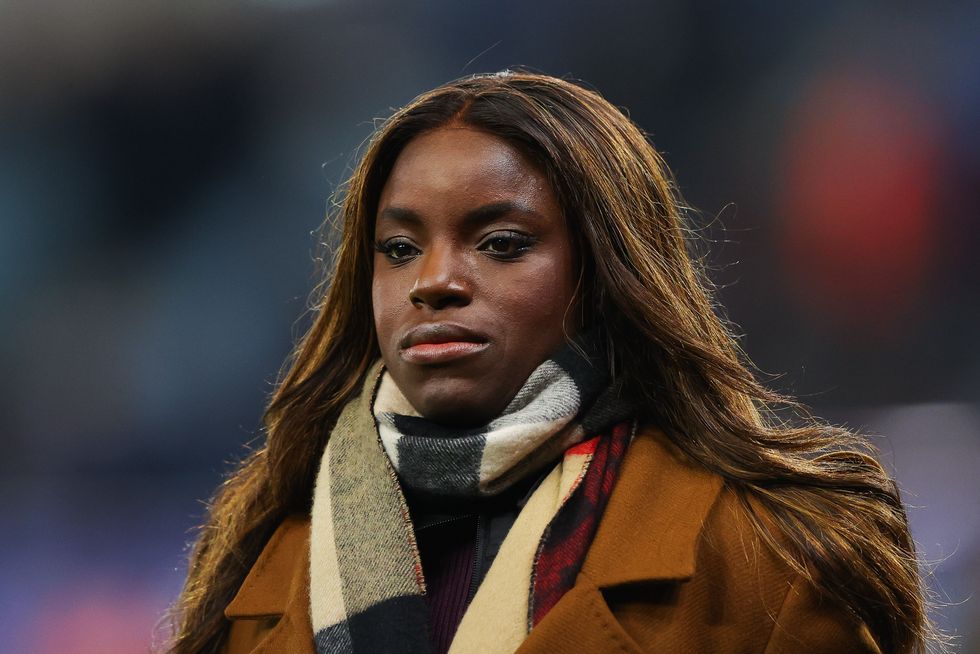
Eni Aluko often features as a pundit on ITV's coverage
| GettyThe messages in the case referenced Aluko, broadcaster Jeremy Vine, and football pundit Lucy Ward.
The court heard that some of the material posted in January 2024 included the superimposition of Aluko and Ward’s faces onto an image of serial killers.
The jury found that this specific post was grossly offensive.
Barton was also convicted in relation to another post concerning Aluko, which referenced diversity and equal opportunities initiatives.
LATEST SPORT NEWS
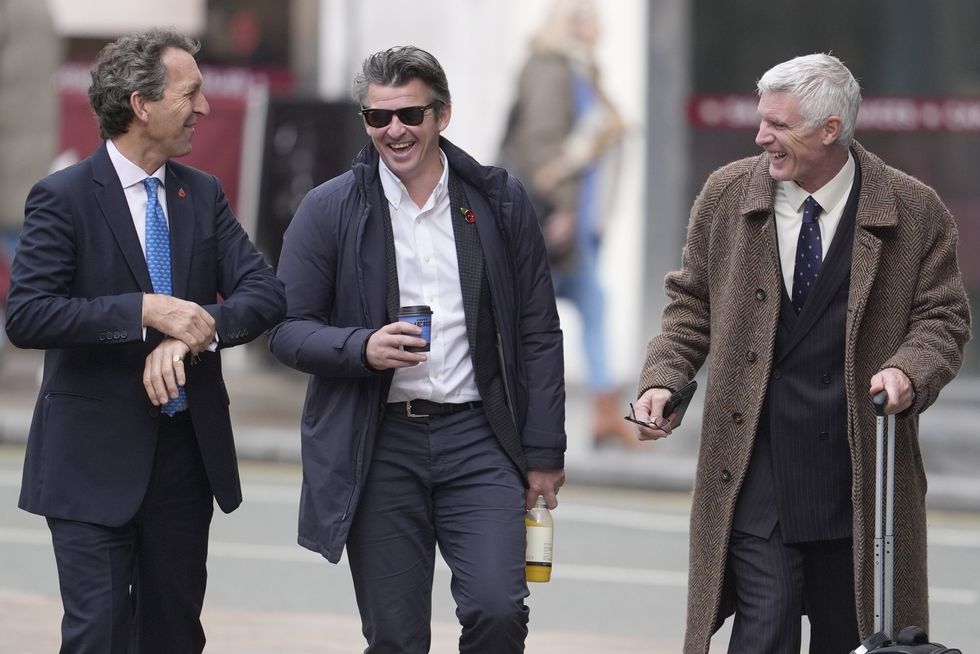
Joey Barton denied the allegations against him
| PAAluko also expressed concern about the potential real-world consequences of social media attention, stating that she felt threatened by the comments.
She said that, in her view, online content can influence behaviour and that she worried some individuals might interpret online hostility as encouragement to act.
The pundit said: "Everyone is entitled to their own opinion and this is an opinion that's been put out there about me, to the world, serious killers in the UK, and you don't know who also thinks the same thing.
"I think the amplification of it is the problem because it starts to feed other ideas. It starts to make people think, well, they're fair game now."
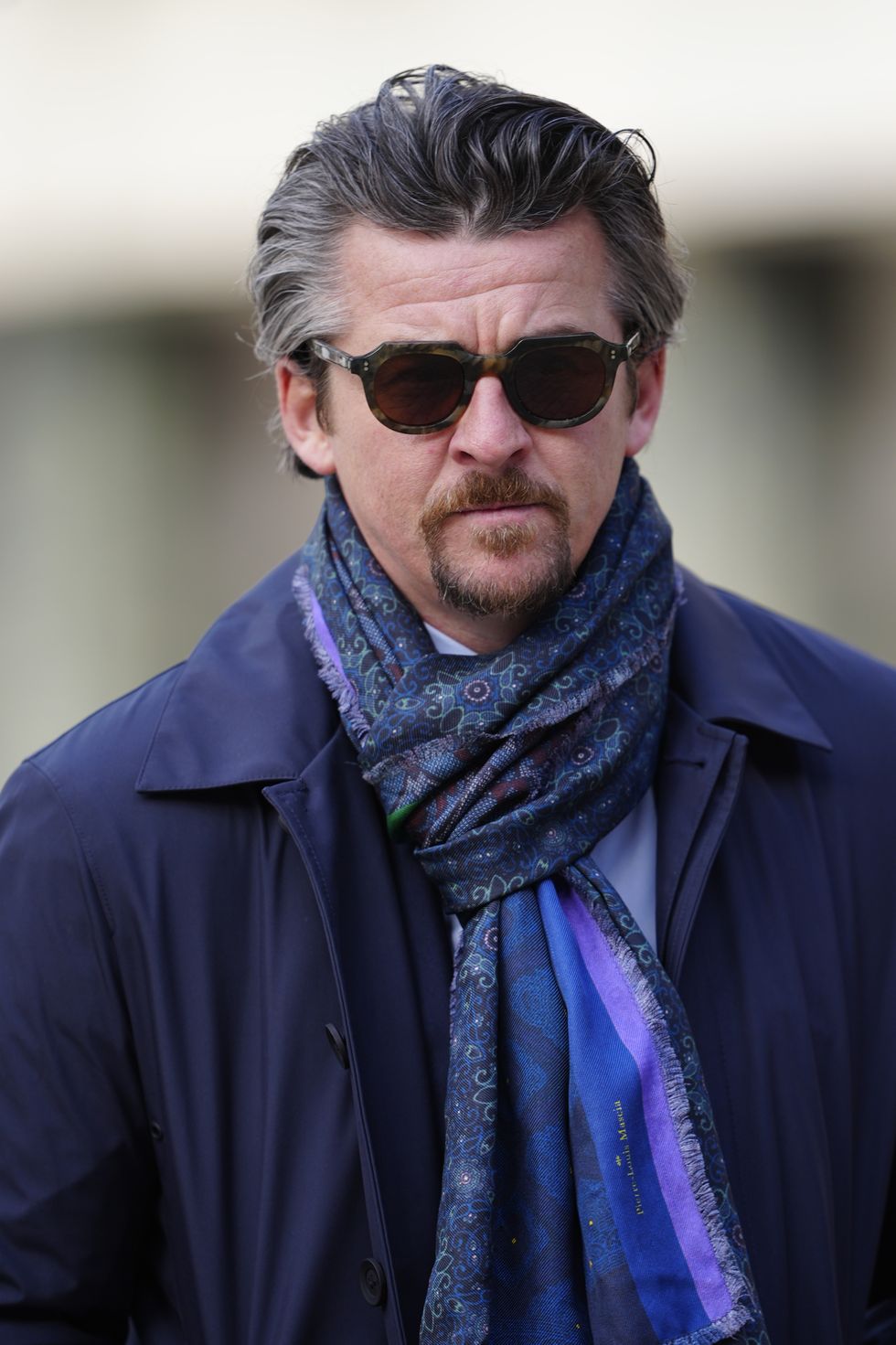
During the trial, Barton told the court that he believed he had been making a form of provocative joke
| PADuring the trial, Barton told the court that he believed he had been making a form of provocative joke.
He described his posts as attempts at dark humour, denying that he intended to cause distress and also denied any intention to imply serious allegations about the individuals involved.
He said that his comments had been intended to make a point about football broadcasting and public debate.
Prosecutor Peter Wright KC told the jury that the case concerned the limits of acceptable online expression, arguing that the posts in question went beyond robust commentary and amounted to personal attacks.
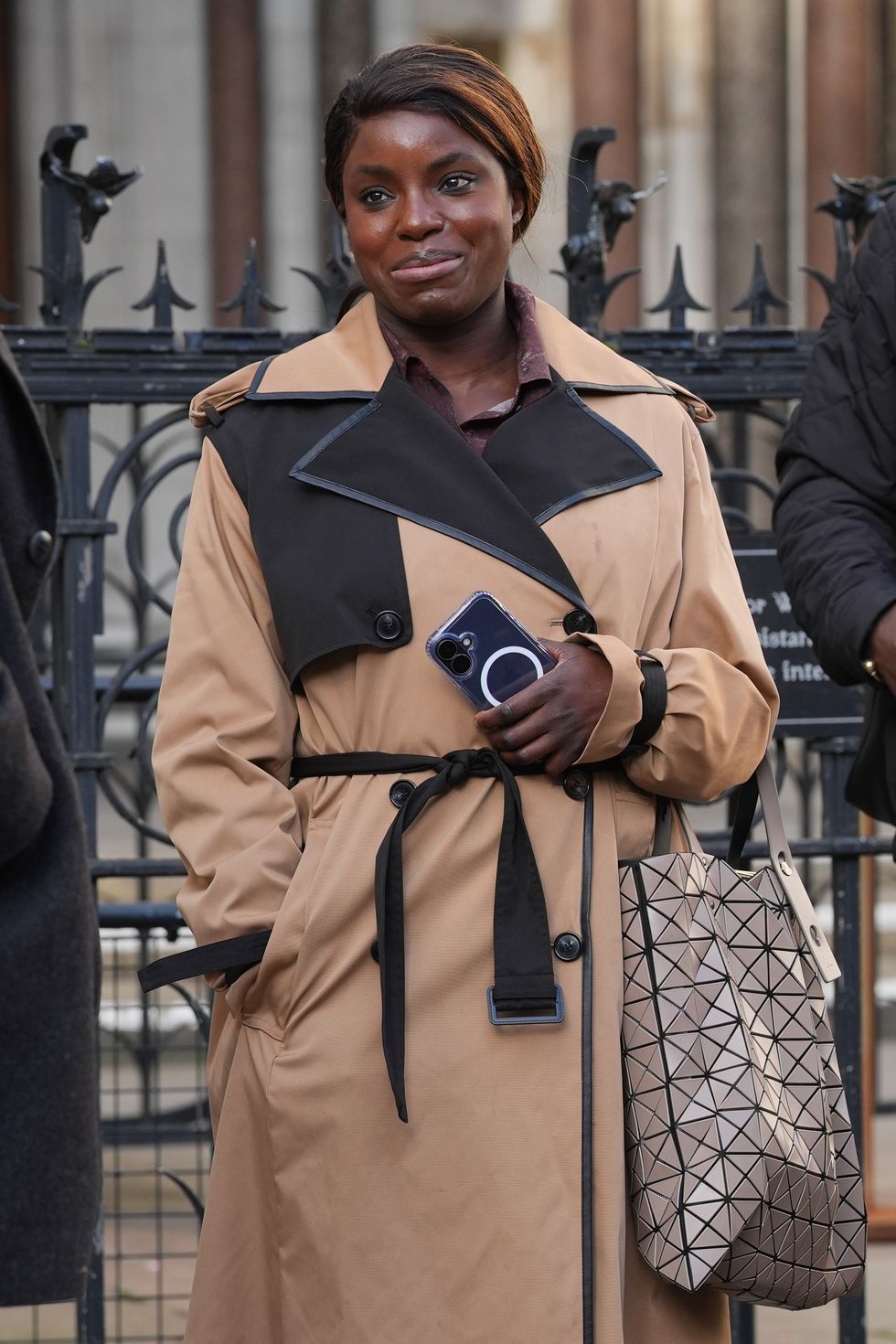 Eni Aluko said she feared being attacked after Joey Barton's posts | PA
Eni Aluko said she feared being attacked after Joey Barton's posts | PASpeaking on the trial, Aluko said: "I think the prosecution was very good at making a clear distinction between opinion, which can be offensive and grossly offensive, so the line in between what is acceptable and unacceptable.
"I think what you just read out, putting my head on the bodies of Fred and Rose West, associated Jermey Vine with Paedofiles, that's beyond the pale.
"It's grossly offensive. And it's grossly offensive in terms of society, and that's the line that has always been in the law."
The defence argued that Barton had been exercising free speech, but the jury concluded that in the posts for which he was convicted, the legal threshold of "grossly offensive" had been reached.


